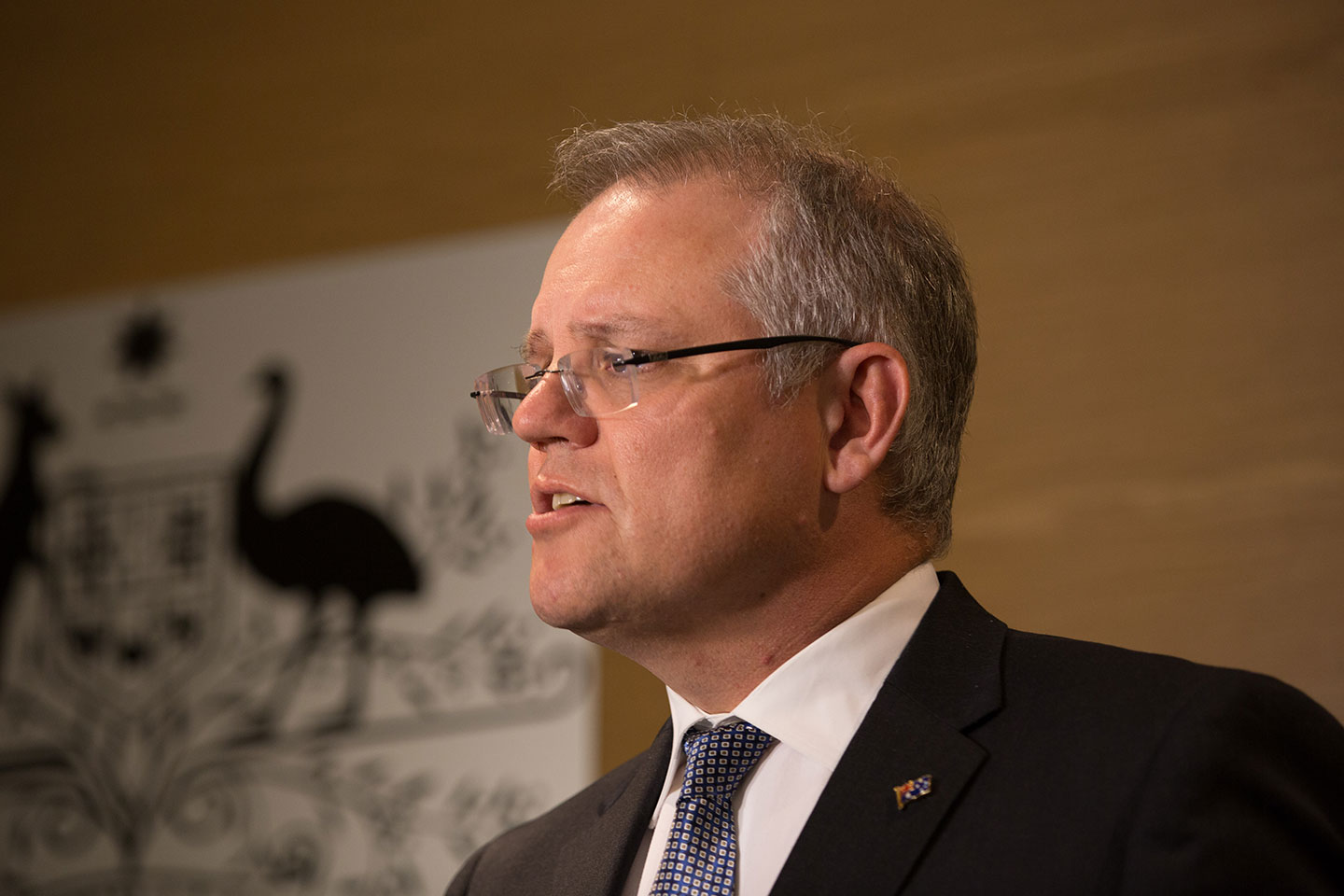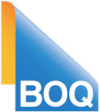Australian small businesses will receive $3.9 billion of tax incentives and $6.7 billion of cash payments as part of a federal government stimulus announced today, while a major investor service has reiterated a small, but positive, growth forecast for the country.


Australian small businesses will receive $3.9 billion of tax incentives and $6.7 billion of cash payments as part of a federal government stimulus announced today, while a major investor service has reiterated a small, but positive, growth forecast for the country.
Prime Minister Scott Morrison revealed the $17.6 billion package today in response to dropping share markets and consumer confidence as the world grapples with the Covid-19 coronavirus.
All of this comes as the World Health Organisation declared the virus, which originated in the Chinese city of Wuhan, a pandemic.
The federal government's package will be led by $6.7 billion of cash payments of up to $25,000 to small businesses with a turnover of less than $50 million.
A second big measure for small business included accelerated depreciation, with deductions increased by 50 per cent of asset cost in the year of purchase, limited until the end of the 2021 financial year.
That will cost $3.2 billion.
Other measures included $1.3 billion of wage subsidies for apprentices, up to 50 per cent of pay, and $700 million to increase the instant asset write off threshold from $30,000 to $150,000.
The write off will be expanded to include businesses with a turnover of $500 million, up from $50 million.
There will be a further $1 billion of assistance targeted to affected regions and industries, and $4.8 billion to provide a one-off $750 stimulus payment to pensioners and other welfare recipients.
“Our plan will back Australian households with a stimulus payment to boost growth, bolster domestic confidence and consumption, reduce cash flow pressures for businesses and support new investments to lift productivity,” Mr Morrison said.
“Australia is not immune to the global coronavirus challenge but we have already taken steps to prepare for this looming international economic crisis.
“We’ve balanced the budget and managed our economy so we can now use this to protect the health, wellbeing and livelihoods of Australians.
“Our targeted stimulus package will focus on keeping Australians in jobs and keeping businesses in business so we can bounce back strongly.
“The economy needs temporary help right now to bounce back better so the livelihoods of all Australians are protected.”
This was announced on the same day US President Donald Trump announced economic stimulus including $50 billion for small business loans to support liquidity, a deferral of tax payments worth $200 billion, and a plan to reduce payroll tax.
“This is not a financial crisis, this is just a temporary moment of time that we will overcome as a nation, and as a world," he said.
Mr Trump also announced a new travel ban for visitors from China.
Responses
Ratings agency Moody’s backed the Australian government’s moves.
“The government’s new fiscal package will support economic growth in 2020, in line with our recently revised forecast of 1.6 per cent of growth in Australia this year,” vice president Martin Petch said.
“Given the temporary nature of the stimulus package and Australia’s solid fiscal position, the government’s response, which is equivalent to 0.9 per cent of annual GDP, is unlikely to have an impact on Australia’s credit outlook.
“We expect the mix of demand-side stimulus, including cash payments to lower-income households, and supply-side measures, including funds to cover wages and salaries of small and medium-sized enterprises, will address the multiple facets of the shock facing the economy.”
NAB chief executive Ross McEwan said the targeted measures would help vulnerable Australians at a critical time.
“Banks are well placed to support the Australian community through this unprecedented situation,” Mr McEwan said.
“We encourage small businesses doing it tough to contact their banker to discuss what we can do to help them through – including things like deferral, extension or restructuring of loans.
“NAB kept lending through the GFC and we will do the same now.”
The Chamber of Commerce and Industry of WA welcomed the package.
Targeted cash flow support for small businesses would help companies to pay staff, invest or prepare for a downturn, chief executive Chris Rodwell said.
"When the economy is weak and the outlook is uncertain, it is harder for businesses to keep apprentices in work," Mr Rodwell said.
"Subsidies covering up to 50 per cent of apprentices’ wages will assist small businesses to retain over 8,000 apprentices and trainees in WA.
"This also ensures businesses have access to vital skills as the economy recovers.
"CCIWA also welcomes the Government’s commitment to help businesses identify alternative export markets or supply chains.
"This complements the diversification work that CCIWA is already doing with our members.
"We welcome clear signs of the federal government listening to the business community and appreciates the level of co-operation in framing its response.
"The best way to stimulate the economy is always to remove constraints on business growth and investment, which supports household incomes and better enables the retention of workers.
"Temporary measures to support jobs and businesses are the right approach."















